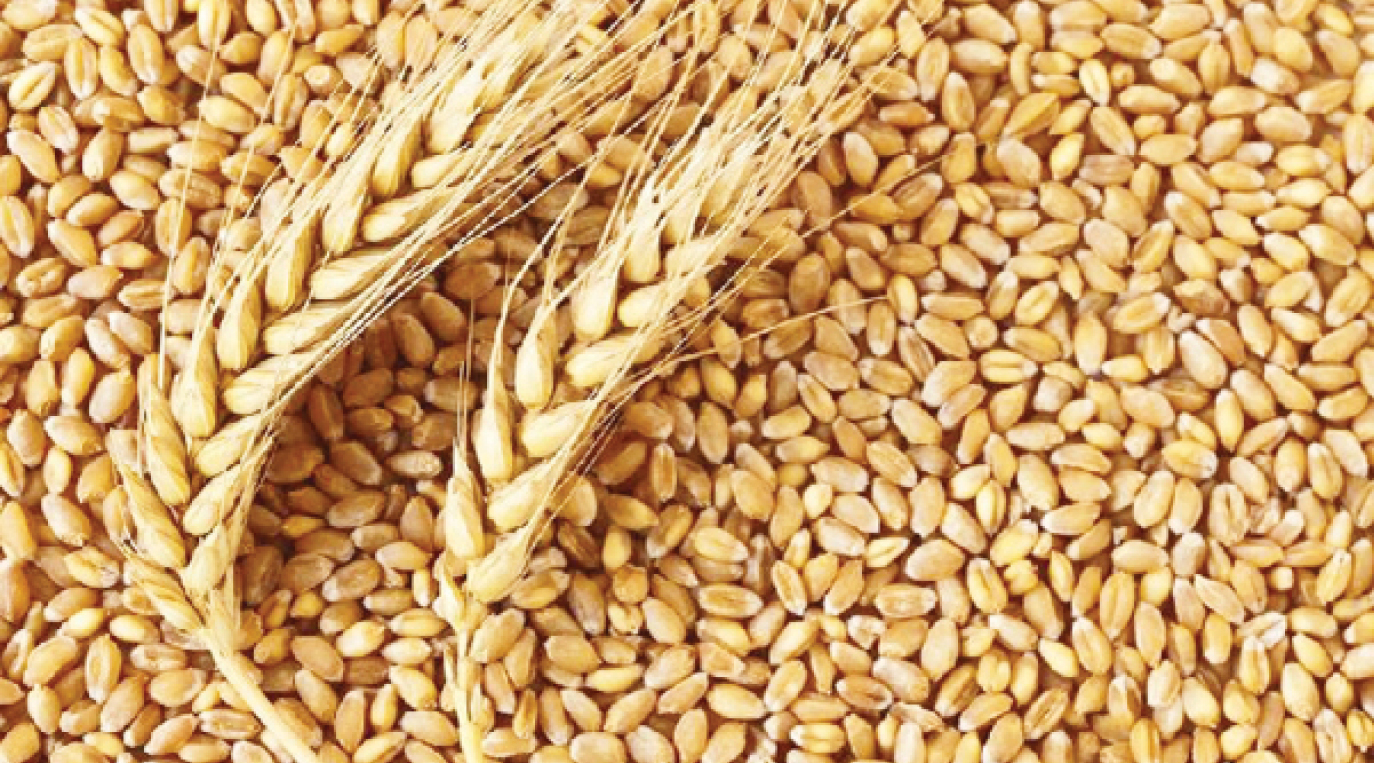What must be done to achieve wheat sufficiency
Stakeholders in the wheat value chain have said that operational synergy is crucial to the achievement of wheat production and sufficiency in Nigeria. The emphasis was made by industry experts at the second edition of the Olam Green Land Webinar Series themed: “Rethinking Wheat Farming in Nigeria – Seeds I Research I Partnerships”, on Wednesday, […]

Stakeholders in the wheat value chain have said that operational synergy is crucial to the achievement of wheat production and sufficiency in Nigeria.
The emphasis was made by industry experts at the second edition of the Olam Green Land Webinar Series themed: “Rethinking Wheat Farming in Nigeria – Seeds I Research I Partnerships”, on Wednesday, November 24, 2021.
Tiberio Chiari, a durum wheat expert and former head of the Italian Cooperation in Ethiopia, who was the keynote speaker at the webinar, said quality control, suitable seed varieties, good management processes, high small-holder farmer engagement, rigorous grain bulking facilities, availability of investment funds, integrity, among others, were key drivers of success when pivoting to a community-based seed enterprise methodology.
He highlighted the advantages of working with small-holder farmer’s cooperatives in developing the wheat value chain.
Citing Ethiopia as a case study, Chiari said, “There is an economy of scale in dealing with farmers’ cooperatives instead of working with individual farmers, and stakeholders have a key role in ensuring the effective management of the process for optimum impact.”
A senior scientist at the Senegalese Institute for Agricultural Research (ISRA), Dr Sall Amadou Tidiane, provided a narrative of the Senegalese wheat value chain.
He said by adopting a peer-to-peer seed enterprise methodology the country grew from zero wheat production in 2017 to having 2,000 farmers cultivating wheat successfully in 2021.
He revealed that utilising the deep capacity of female local small-holder farmers would spread the impact of the new high-yielding seed varieties
Dr Filippo Bassi, the Project Senior Scientist at the International Centre for Agricultural Research in Dry Areas (ICARDA), a key partner in developing suitable seed varieties for the project, said the goal of Olam was to deliver over 200,000 tons of wheat worth $70m while engaging/training 50,000 farmers before 2030.
The Managing Director of Crown Flour Mill Limited (CFM), Mr Ashish Pandem, said, “Bridging the huge wheat production gap in the country is a journey. This stakeholders’ engagement is a step in the right direction. The deep investment we are making into developing suitable seed varieties for the Nigerian topography and utilising a community-based seed enterprise will manifest in outright development of the wheat farming sector in years to come.”
The CFM MD further said that Olam’s bold investment of N300m into seed research and the introduction of a novel community-based seed enterprise that utilised the capacity of women small-holder farmer cooperatives had a strong implication on the livelihoods of the farming communities and the agenda of the federal government in terms of employment generation, attainment of food production self-sufficiency and food security within a couple of decades.
Dr Kachalla Kyari Mala, the project’s Lead Researcher and Principal Research Officer of the Lake Chad Research Institute (LCRI), highlighted farmers’ low level of familiarity with the best agronomic practices as one of the factors responsible for their low productivity.
He said, “Engaging farmers right at the conception stages of a major seed development methodology up to the harvest stages will help them become conversant with the best management and agronomic practices.”
